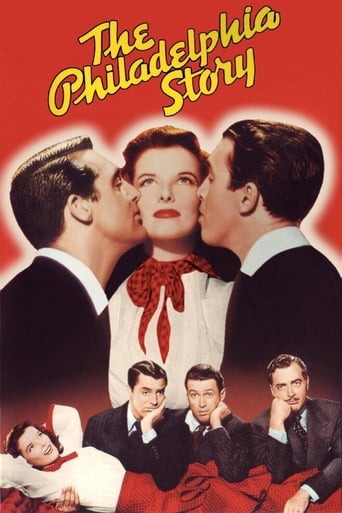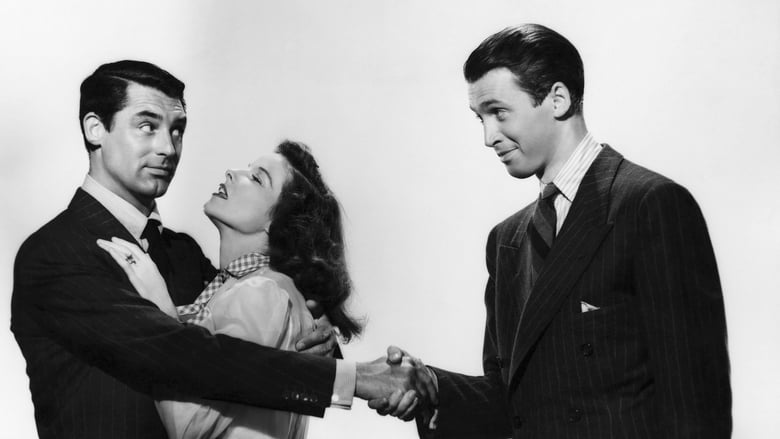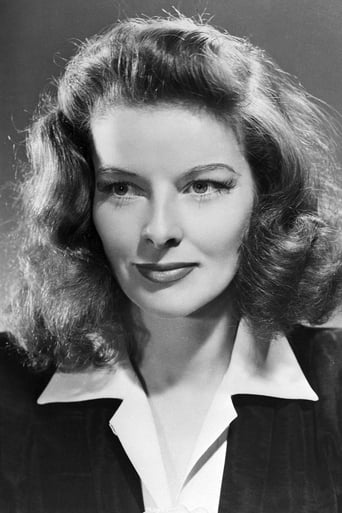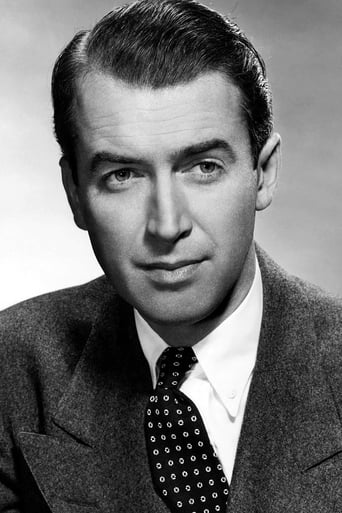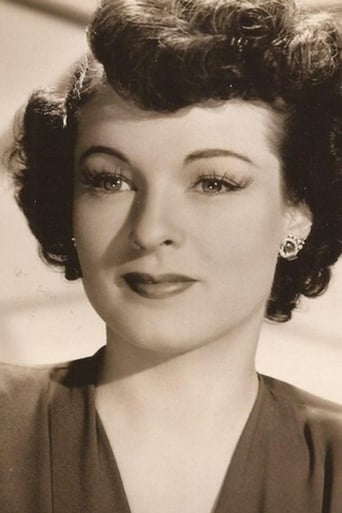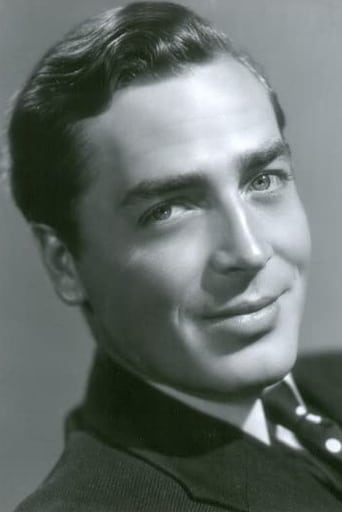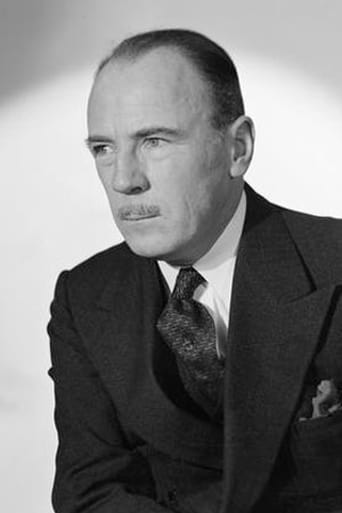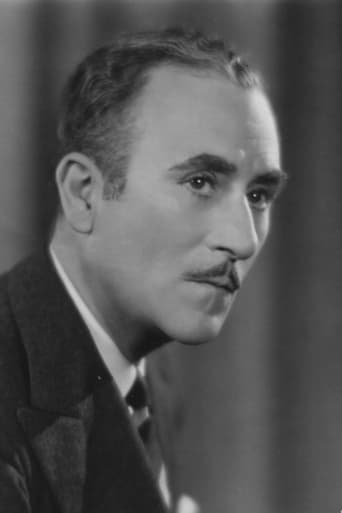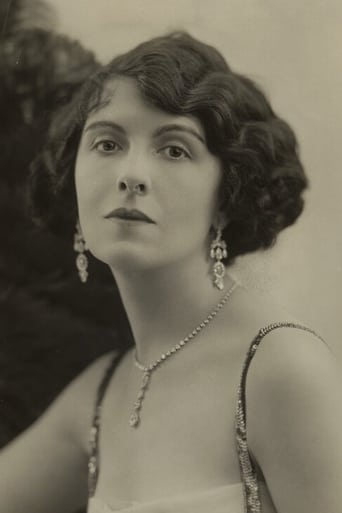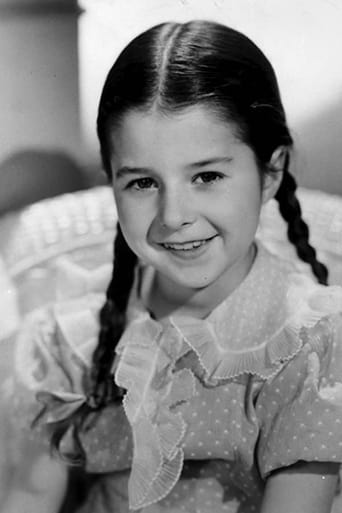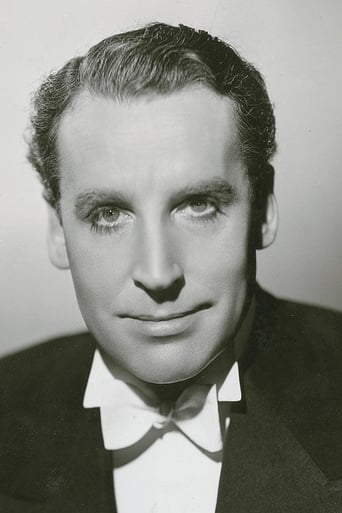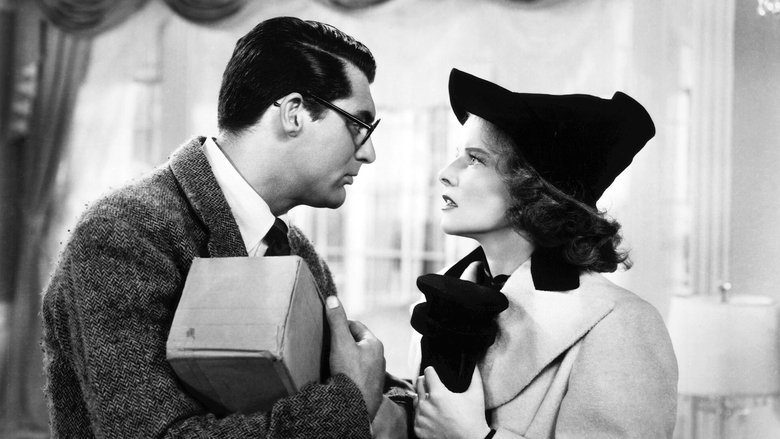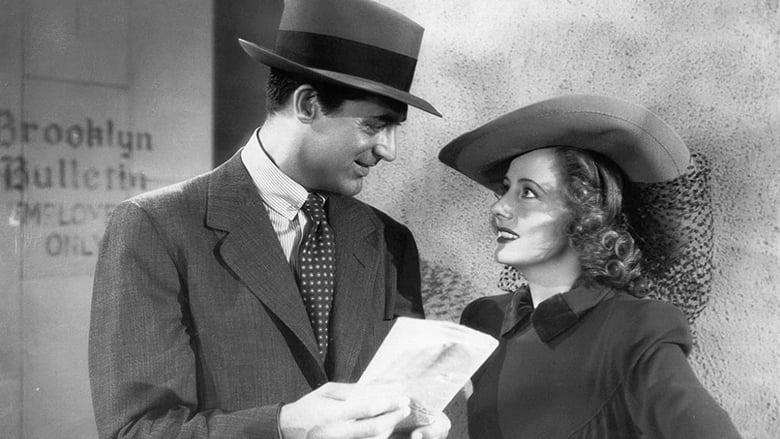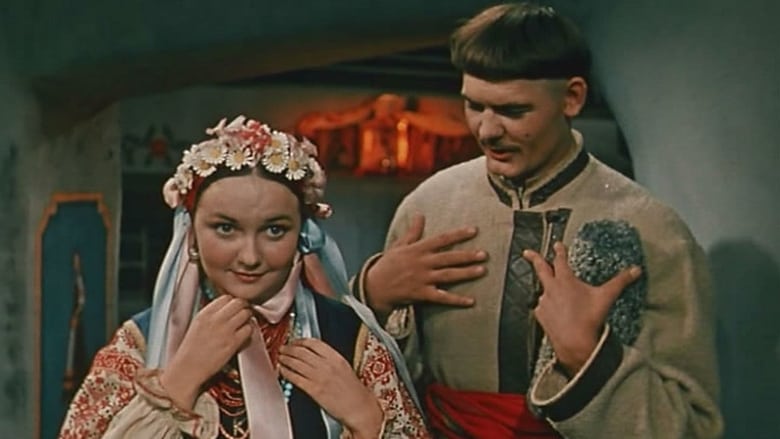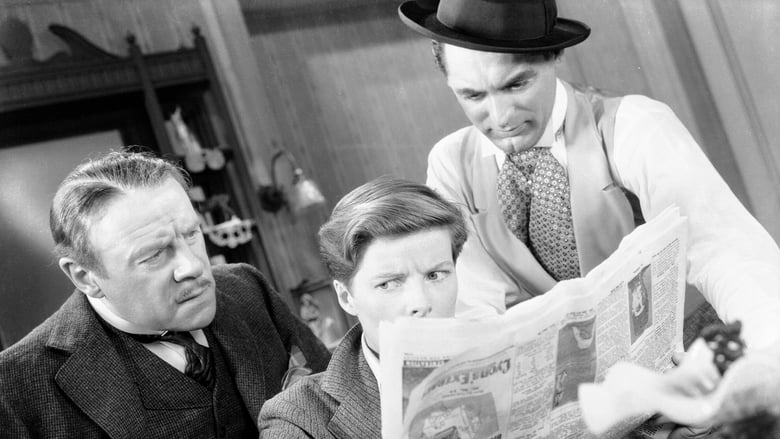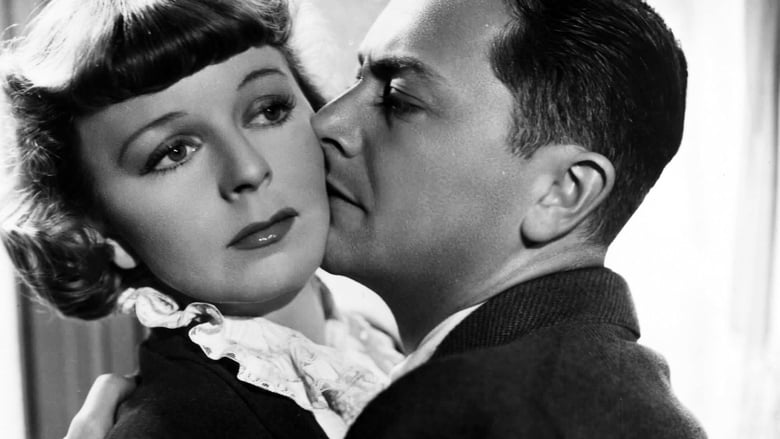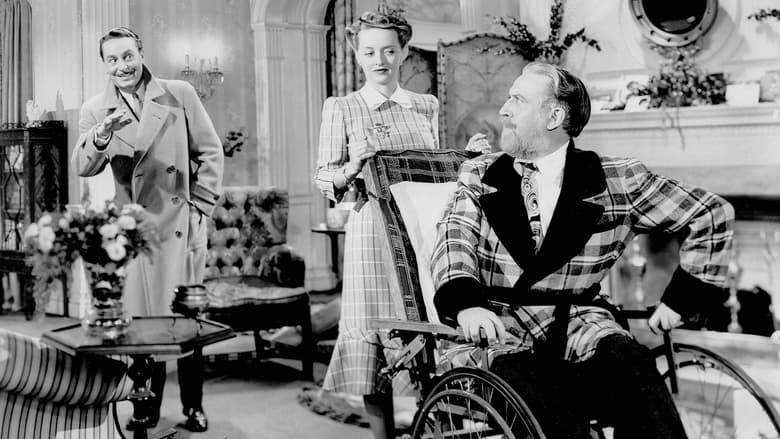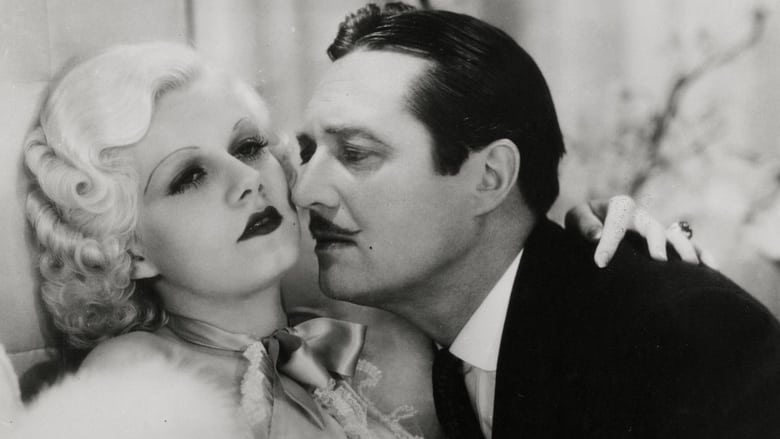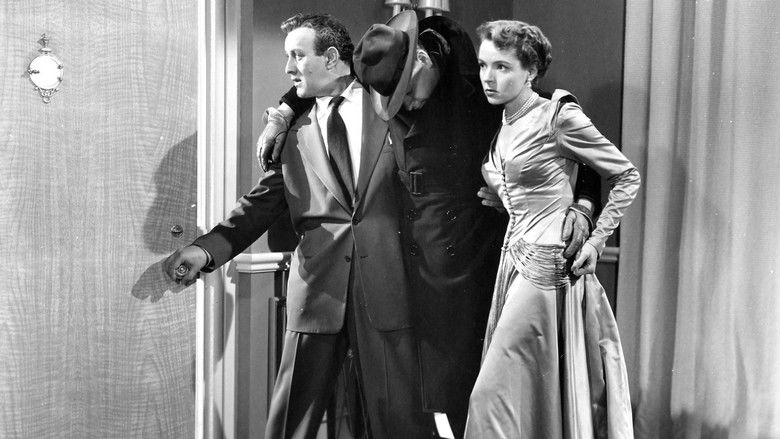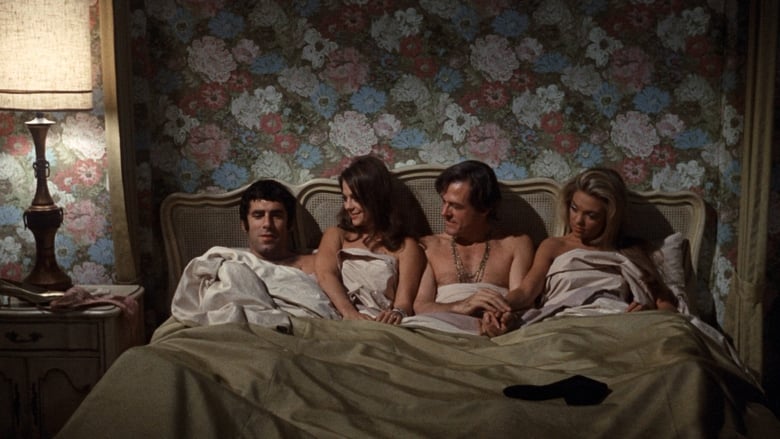When a rich woman's ex-husband and a tabloid-type reporter turn up just before her planned remarriage, she begins to learn the truth about herself.


Similar titles



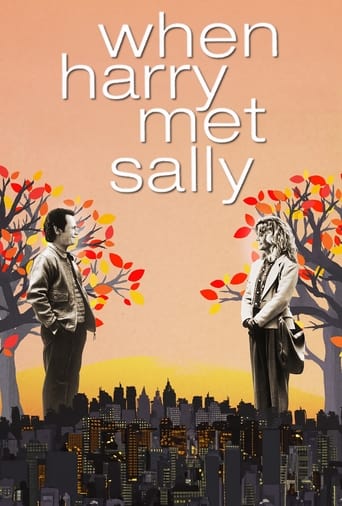
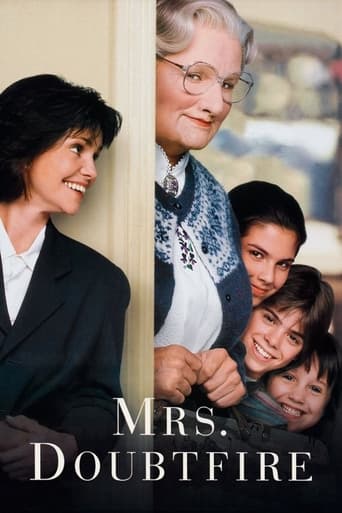
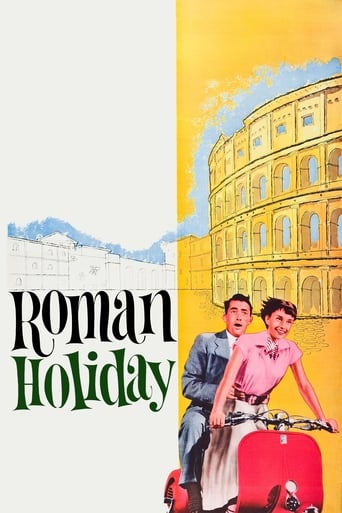
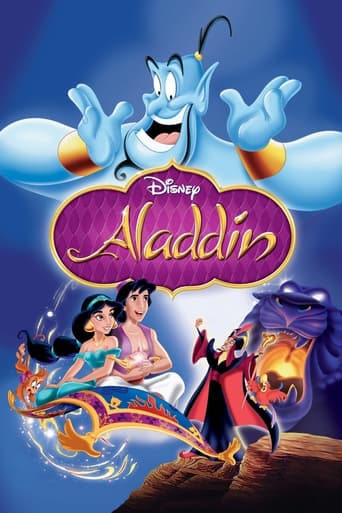
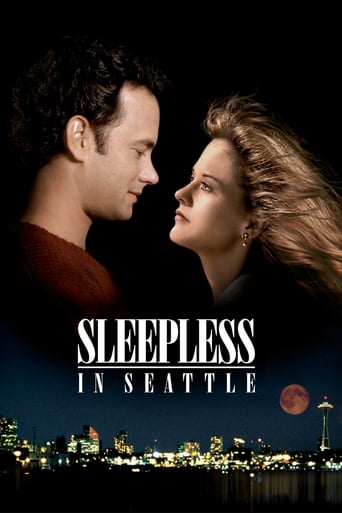

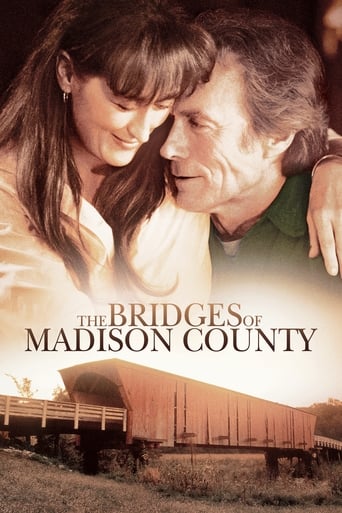
Reviews
A love triangle of drunks in 1940, really?I didn't expect this awkward, unbelievable story line at all. There are few feel good moments and characters than remain hard done by.The film comes across like a stage play which is exactly what it was, a broadway success that no studio wanted until Hepburn purchased it and made some money from it. I felt zero empathy for all the characters that were not really developed, for instance it may have worked if the groom was portrayed as slightly more ambitious and conniving. American culture has always been antagonistic to the british class system but the opposite happens here, the rich boy not only walks away from his marriage in the first place but wins the day as well, by manipulation. If a strong female lead was intended which is what Hepburn was aiming for, the opposite has been portrayed. I just really want to know who the critics were that were obviously paid by studios at the time to love this. I have less doubts about modern critics who love irredeemable story telling.
Producer: Joseph L. Mankiewicz. Copyright 28 November 1940 by Loew's Inc. Presented by Metro-Goldwyn-Mayer. New York opening at Radio City Music Hall: 26 December 1940. U.S. release: 17 January 1941. U.K. release: March 1941. Australian release: 17 April 1941. 12 reels. 10,087 feet. 112 minutes.SYNOPSIS: Society girl's ex-husband plans to wreck her upcoming marriage because he still loves the girl himself.NOTES: Academy of Motion Picture Arts and Sciences Awards: Best Actor, James Stewart (defeating Charles Chaplin as The Great Dictator; Henry Fonda in The Grapes of Wrath; Raymond Massey as Abe Lincoln in Illinois and Laurence Olivier in Rebecca). Donald Ogden Stewart, Best (Adapted) Screenplay (defeating The Grapes of Wrath, Kitty Foyle, The Long Voyage Home, and Rebecca). Other Academy of Motion Picture Arts and Sciences Award nominations: Best Picture (won by Rebecca); Best Actress, Katharine Hepburn (won by Ginger Rogers for Kitty Foyle); Supporting Actress, Ruth Hussey (won by Jane Darwell for The Grapes of Wrath); Directing (won by John Ford for The Grapes of Wrath). New York Film Critics Award, Best Femi¬nine Performance: Katharine Hepburn. Film Daily Poll of U.S. film critics: 3rd best picture of 1941 (after Gone With The Wind and Sergeant York).Philip Barry's play opened on Broadway, 28 March 1939. It starred Katharine Hepburn, Joseph Cotten and Van Heflin and ran for 415 performances and then took to the road. Miss Hepburn took time off to make the movie, returning to the road company well before it finally closed on 15 February 1941. Shooting from 5 July 1940 to 14 August 1940. Remade in 1956 as "High Society", a musical version with Bing Crosby, Frank Sinatra and Grace Kelly.COMMENT: So much praise has been heaped on this delightfully witty comedy of manners, it seems superfluous to add more. Let me just say that the dialogue sparks, the characters fascinate, the plot entertains and the players excel. "The Philadelphia Story" is one of the most successful transitions of Broadway to Hollywood ever made, a perfectly flawless gem of wit and sophistication that is, if anything, even funnier, more acidic, more biting, yes, even more clever on the screen. We have Katharine Hepburn to thank for this. She owned the screen rights and made sure MGM did the play proud. She hired the director, the screenwriter, the other players and all the technicians. A great pity she missed out on the Academy of Motion Picture Arts and Sciences Award she so richly deserved. (Who remembers Kitty Foyle today?) James Stewart gives an equally scintillating performance, while Cary Grant (a master of cut-and thrust dialogue) is brilliantly cast as the sly C.K. The supporting players are so perfect, it seems less than just to single out one or two, but I must draw attention to John Howard's magnificently dull fiancé (Walter Pidgeon himself could not have done the role more proud), and John Halliday's vibrantly quirky roué father-of-the-bride. And how we vigorously applaud Roland Young!Thanks to the director and his behind-the-camera team, the movie is always as attractive to look at as to listen to. A double pleasure indeed! "The Philadelphia Story" is indeed one of the sharpest, most amusing comedies MGM ever made.
The Philadelphia Story" is one of the best-known examples of a "comedy of remarriage", a genre which dealt with a divorced or separated couple getting back together again. Such films are normally associated with America in the 1930s and 1940s, where they were popular because they allowed screenwriters to flirt with daring themes without breaching the requirements of the Production Code relating to the depiction of adultery. There were, in fact, occasional examples from other countries, such as the British-made "The Divorce of Lady X", and the format has sometimes cropped up in recent 2years. ("Sweet Home Alabama", "Did You Hear about the Morgans?) The couple here are Tracy Lord, daughter of a wealthy, aristocratic Philadelphia family, and her ex-husband C.K. Dexter Haven. Dexter turns up at Tracy's family home on the eve of her scheduled marriage to George Kittredge, a self-made businessman, and makes it clear that he would be interested in renewing their relationship, even though Tracy is less than pleased to see him. To add to Tracy's difficulties a third man has fallen in love with her- Macaulay "Mike" Connor, a journalist sent to cover her wedding.It quickly becomes clear whom Tracy will not marry. Poor George never stands a chance. Part of America's national mythology is "log cabin to White House", the idea that in America anyone can succeed if he has the "right stuff" and that there is therefore always something admirable about a self-made man. "The Philadelphia Story" subverts this myth with a vengeance. It is not that George is a vulgar parvenu- indeed, if he had a streak of healthy vulgarity about him he might cut a more attractive figure. He is stiff, pompous and physically unattractive; we never understand why Tracy ever got engaged to him, unless as a reaction to the handsome, charming and amiable (albeit flawed) Dexter, who comes from a similar social background to her own.As between Dexter and Mike the outcome is not so obvious. The normal rule in romantic comedies involving a love-triangle is "first name above the title gets the girl", but here both men are played by major stars, Cary Grant and James Stewart, who received equal billing. Intellectually, of course, we know how matters will end (or at least we do if we are familiar with the conventions of the "remarriage" genre), but emotionally we feel that Mike might just be in with a chance.The film was remade in 1956 as the musical "High Society". Now there was nothing wrong, in principle, with remaking it as a musical, but I have always regarded "The Philadelphia Story" as far superior to "High Society". The reason for this has nothing to do with the music- the songs are tuneful and the lyrics witty- and nothing to do with the story, which is much the same in both films. The reason for the difference lies in the acting in the main roles. I exempt from my criticism Frank Sinatra, who played Mike in the remake and wisely did not try to copy Stewart's interpretation of the role, realising that their styles of acting were completely different. Sinatra's Mike, therefore, is hard-bitten, cynical and wisecracking whereas Stewart's, an aspiring writer, is gentler and more idealistic. This film brought Stewart his only competitive acting Oscar, and a well-deserved one it was too.Between, Grant and Bing Crosby, however or between Katharine Hepburn and Grace Kelly, there is no comparison. Grant and Hepburn are both on top form here. Watching their battle-of-the-sexes duels you realise not only just why they found it so difficult to live together first time around but also just why both cannot live without the other. The main obstacle they need to overcome is Tracy's perfectionism. She sets high standards for himself and demands impossibly high standards of others, especially Dexter who complains that he was less Tracy's husband than "High Priest to a virgin goddess". Dexter, who is fond of a drink, has his faults, and doubtless tried Tracy's patience severely during their first marriage, but we realise that beneath it all he loves her deeply.Crosby, by contrast, is so laid-back that he is quite unable to make Dexter seem interesting; we never understand why Kelly's Tracy might have wanted to marry him in the first place. With Kelly we have the opposite problem; she is so heart-meltingly beautiful, and so soft and gentle in her manner, that we never understand why Dexter might ever have wanted to end their marriage. (In Hepburn's case her occasional flashes of temper make this quite obvious). It doesn't help that Kelly did not have a particularly good singing voice- unusually for the leading lady of a Hollywood musical, she only sings one song- or that Crosby was old enough to be Kelly's father, which lessens the chemistry between them. (The age difference between Grant and Hepburn was only three years).Two other good performances come from Ruth Hussey as Mike's attractive lady photographer Liz and the child star Virginia Weidler, who as Tracy's younger sister Dinah steals every scene she is in. Weidler had appeared in another film directed by George Cukor, "The Women", the previous year.Not all comedies of this period hold up well today. This was the third "comedy of remarriage" Grant made in 1940, the others being "My Favourite Wife" and "His Girl Friday". The first of these can today seem very dated, as well as overly sentimental. The second is a lot better, although much of its appeal lies in the way in which it combines its romantic plot with a good deal of satire aimed at the American press and political system. "The Philadelphia Story", however, is like a fine vintage wine, as good today as when it was first made. 9/10
The Philadelphia Story (1940): Dir: George Cukor / Cast: Katherine Hepburn, Cary Grant, James Stewart, Ruth Hussey, John Howard: Hilarious romantic comedy about modern romance within the high class. Katherine Hepburn plays a high society woman who is engaged but her ex-husband appears thus making everyone uneasy. James Stewart plays a reporter whom Hepburn becomes smitten with. While very funny with a variety of personalities director George Cukor expertly presents elements of class and lifestyles. Cukor previously made a version of Romeo and Juliet as well as Camille and The Adventures of Tom Sawyer. This is one of his best films. Hepburn is wonderful as a woman seeking real romance and perhaps feels that her engagement to the strict and traditional John Howard isn't what she was seeking after all. She indulges in her free spirit guilt of romance thus placing her in the glaring eyes of sophistication. Cary Grant is hilarious as meddling ex-husband. James Stewart steals scenes as the reporter who spends a drunken evening with Hepburn. Ruth Hussey is superb as his photographer. John Howard plays the potential groom whose love life is about to unravel with two other suitors. It regards marriage and romance but also positioning one's economic status. One could easily observe that in the end, that is what makes news, isn't it? Score: 10 / 10
